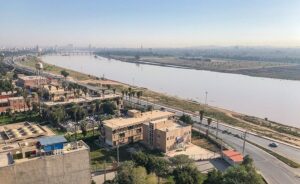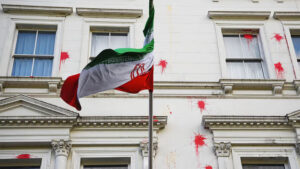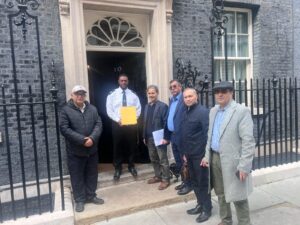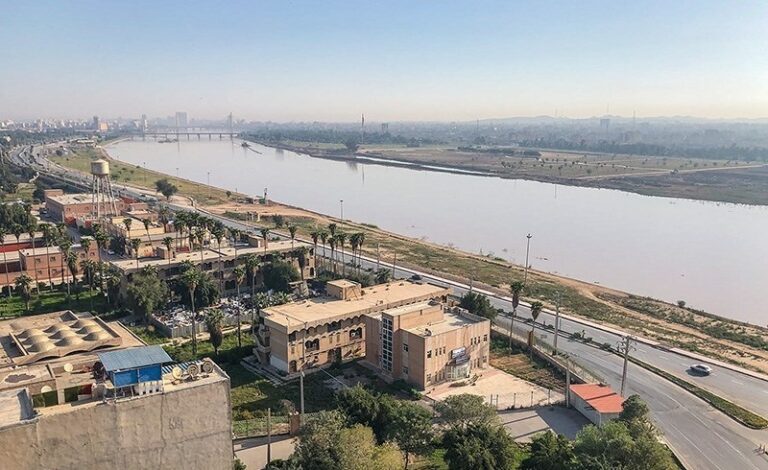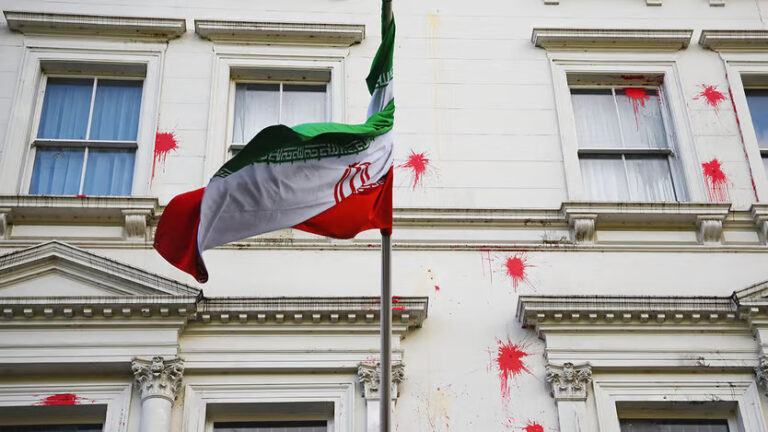Commemorating the Ahwazi April Nakba of 1925: A Legacy of Resistance and Resilience
April 1925 marks a significant and sad moment in the history of the Ahwazi Arab people—a period known as the Ahwazi April Nakba. This pivotal event, also referred to as the Sheybani Uprising, represents a harrowing chapter of oppression and displacement endured by the Ahwazi population in what is now southern Iran. As we commemorate this anniversary, reflecting on its enduring legacy of resistance and resilience is crucial.
The Ahwazi April Nakba emerged against a backdrop of systemic marginalization and cultural suppression perpetrated by the Iranian government under the rule of Reza Shah Pahlavi. Determined to impose Persian cultural hegemony and merge with central authority, the regime implemented draconian policies that targeted the Ahwazi people. These policies included land confiscation, forced assimilation, and the suppression of Ahwazi cultural and political rights.
Led by Sheikh Khazal Al-Kaabi, the Sheybani tribe rose in defiance, seeking to defend Ahwazi autonomy and safeguard their ancestral lands. However, the Ahwazi resistance met with ruthless brutality as Iranian forces unleashed a wave of violence to quell the uprising. Villages were razed, families were torn apart, and thousands of Ahwazi Arabs were killed or forcibly displaced from their homes.
The Ahwazi April Nakba stands as a stark reminder of the enduring legacy of colonialism and oppression that continues to afflict indigenous peoples around the world. It serves as a testament to the resilience and determination of the Ahwazi people in the face of unimaginable adversity.
Despite passaging nearly a century, the wounds inflicted by the Ahwazi April Nakba remain raw and deeply felt within the Ahwazi community. The memory of this tragedy serves as a rallying cry for justice and recognition of the rights of the Ahwazi people. It is a reminder of the ongoing struggle for dignity, self-determination, and freedom from oppression.
As we commemorate the Ahwazi April Nakba of 1925, let us honor the memory of those who perished and pay tribute to the courage and resilience of the Ahwazi people. Let us stand in solidarity with their ongoing struggle for justice and reaffirm our commitment to upholding human rights and dignity for all. Only through acknowledging and confronting the injustices of the past can we hope to build a more just and equitable future for generations to come.
Long live our resistant Ahwazi Arab people
Mercy and Immortality for Our Righteous Witness
Shame and reproach to the persecutors of our great people





